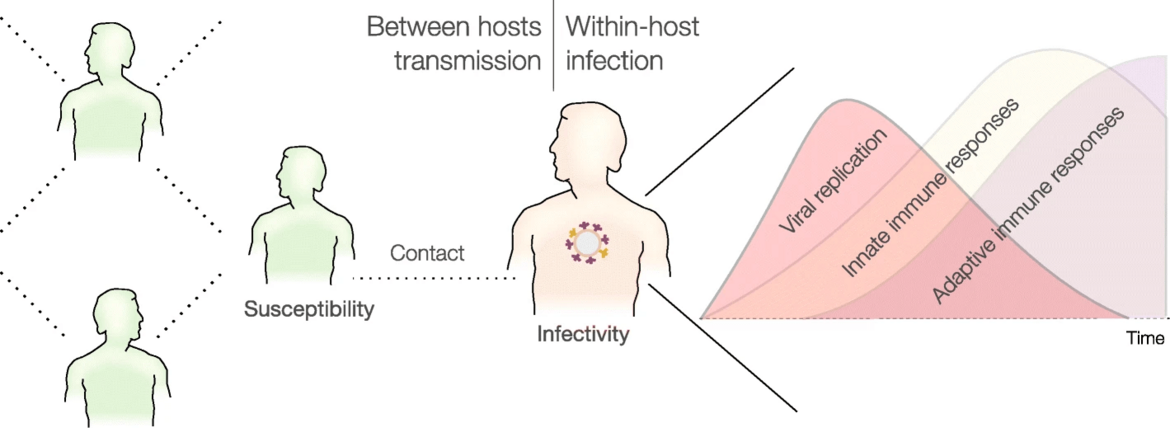-
Working Groups
- Climate Change and Health Intervention
- Climate Change, Nutrition and Health
- Climate Change, Migration and Health
- Heidelberg Planetary Health Hub (Hei-Planet)
- Climate-smart Health Systems
- Closing pandemic health gaps
- Design and implementation research in global health
- Digital Global Health
- Disease Control in Disadvantaged Populations
- Epidemiology and Biostatistics
- Epidemiology of Transition
- FAIR and ethical data and sample reuse
- Field Epidemiology Research in German Public Health
- Global Child Health
- Global Health and Economics Research Group
- Global Health Diagnostics
- Global Health Policies and Systems
- Health Economics and Health Financing
- Implementation research for prevention and disease control
- Injury Epidemiology and Prevention
- Mathematical Modelling of Infectious Diseases
- Non-communicable disease (NCD) in LMICs
- Non-Communicable Diseases (NCDs) Implementation Research
- Oral Health
- Planetary Child Health
- Science Communication
- Vector Borne Diseases and Geo Health
Mathematical Modelling of Infectious Diseases
The Mathematical Modelling of Infectious Diseases Group specialises in developing and refining mathematical models to estimate and project the spread and burden of infectious diseases.

Our work encompasses both within-host infection dynamics and between-host transmission dynamics. We focus on within-host dynamics, including pharmacokinetic/pharmacodynamic (PK/PD) models, and investigate their relationship to transmission between hosts. These population models are evaluated using compartmental, network, and agent-based modelling frameworks. Additionally, we develop and implement fast, large-scale simulation frameworks to complement the models.
We utilise data from a variety of sources to parameterise the models, including biological data on immune responses and viral loads, secondary data from surveillance systems, clinical trials, drug trials, and observational studies, as well as primary data collected through our own surveys and trials. This diverse data provides a sustainable feedback loop that enhances our model estimates and projections, guides data collection, and informs experimental design.
Simulations are employed to assess theoretical concepts and practical intervention strategies for their potential impact on health and socioeconomic outcomes. Our work has been applied to epidemics such as HIV, influenza, COVID-19, Ebola, and plague. We aim to provide a comprehensive understanding of infectious disease transmission and control, thereby informing evidence-based public health policy and practice.
-
Working Groups
- Climate Change and Health Intervention
- Climate Change, Nutrition and Health
- Climate Change, Migration and Health
- Heidelberg Planetary Health Hub (Hei-Planet)
- Climate-smart Health Systems
- Closing pandemic health gaps
- Design and implementation research in global health
- Digital Global Health
- Disease Control in Disadvantaged Populations
- Epidemiology and Biostatistics
- Epidemiology of Transition
- FAIR and ethical data and sample reuse
- Field Epidemiology Research in German Public Health
- Global Child Health
- Global Health and Economics Research Group
- Global Health Diagnostics
- Global Health Policies and Systems
- Health Economics and Health Financing
- Implementation research for prevention and disease control
- Injury Epidemiology and Prevention
- Mathematical Modelling of Infectious Diseases
- Non-communicable disease (NCD) in LMICs
- Non-Communicable Diseases (NCDs) Implementation Research
- Oral Health
- Planetary Child Health
- Science Communication
- Vector Borne Diseases and Geo Health
